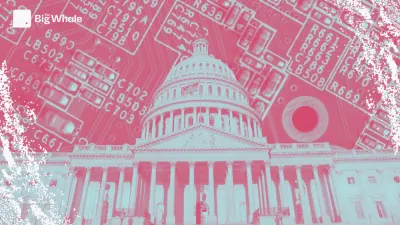Agrément : le gros challenge qui attend les start-up crypto

Au-delà du contexte économique dégradé, l’obtention de l’agrément, dont le calendrier pourrait s’accélérer en France, est un vrai défi pour beaucoup d’acteurs crypto européens.
Cela faisait bien longtemps que l’écosystème français n’avait pas été aussi remonté, pour ne pas dire plus ! Depuis quelques semaines, les uns et les autres dénoncent dans les médias et sur les réseaux sociaux une menace “sans précédent” pour le secteur.
L’objet de cette colère ?
Une proposition de loi qui prévoit d’accélérer le calendrier sur l’obligation d’agrément pour les entreprises françaises qui opèrent dans la crypto, les fameux “PSAN”, c'est-à-dire “prestataires de services sur actifs numériques” !
Aujourd’hui, il y a 60 PSAN en France, parmi lesquels Coinhouse, StackinSat, Forge (la filiale crypto de Société générale) ou la plus grosse plateforme de la planète, Binance.
En Europe, il y en a plus de 150, selon nos calculs. L’Italie est en tête avec un peu plus de 70 PSAN, mais la procédure d’obtention est beaucoup plus souple. L’Allemagne, elle, en compte moins de 10…
Avant d’investir dans un produit, l’investisseur doit comprendre entièrement les risques et consulter ses propres conseillers juridiques, fiscaux, financiers et comptables.




